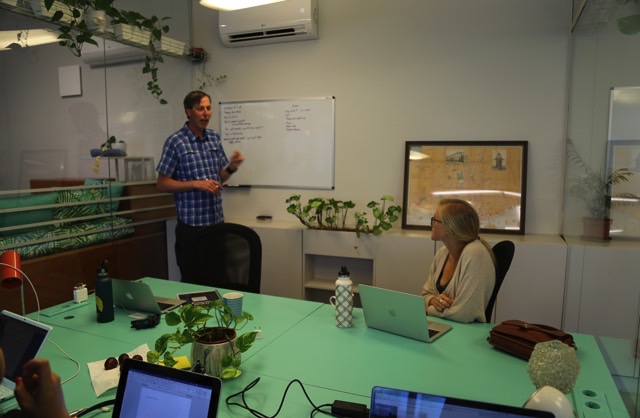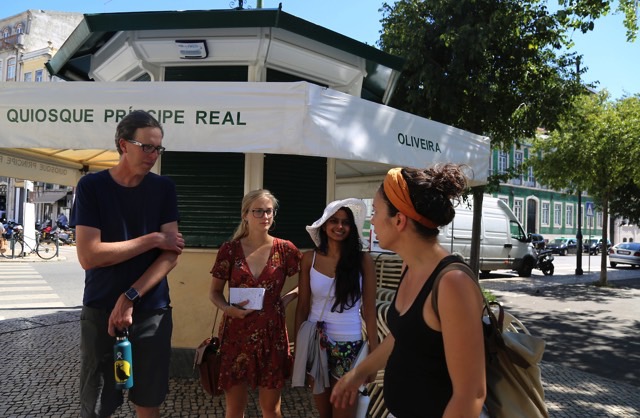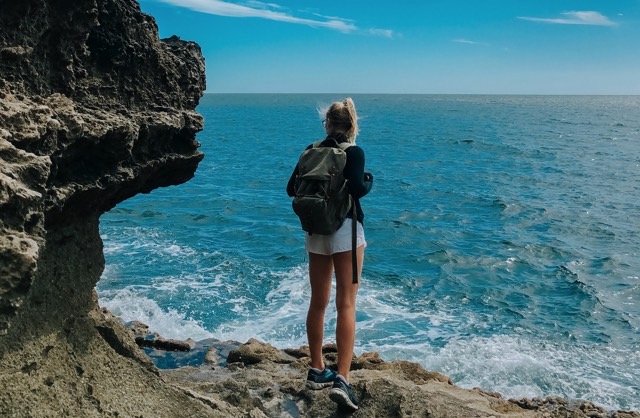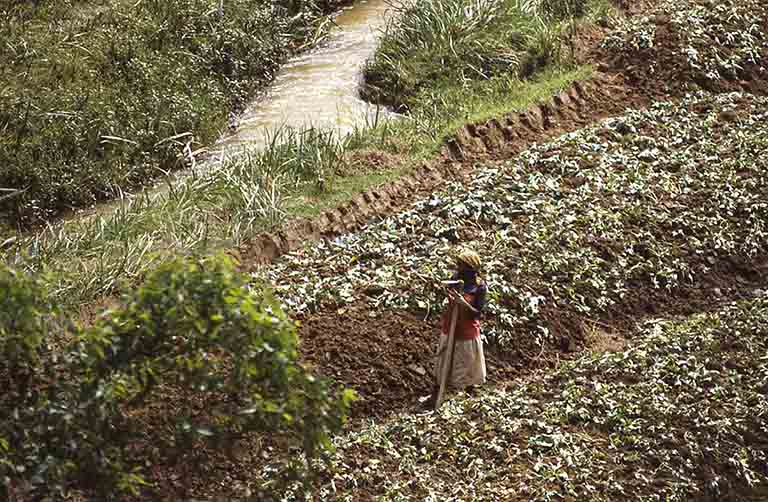Cameron on assignment in Portugal
As a winner of the 2019 Travel Writing Scholarship, Cameron Beach shares her experience in Portugal.
From the workshop in Lisbon to her adventure in Sintra and Cascais, Cameron shares her journey of becoming a travel writer.
Workshop in Lisbon
Tim wasted no time teaching us three winners our first lesson. “What did you see on our walk here?” he asked, during the very first minute of the workshop’s first day. We fell silent. The walk we’d just taken was short, and we chattered with each other the entire way – I didn’t notice much more than my feet. “I… saw a cat sitting in a window?” one of us offered. “There was a man opening up a grocery store,” I said shakily. We lapsed into silence again.
“Here’s what I saw,” Tim began. “I saw the man opening his grocery store, and I watched him hold a bundle of grapes, cutting each small branch of grapes off with a pair of scissors.” We sat there, enthralled by the detail of his scene. “When you’re observing, think in verbs,” Tim continued. “What are people actually doing?” There’s only so much wisdom you can hold in your head at once, so when I set off on my solo trip after four days of the workshop, I held on to that one insight: think in verbs.

Sintra
Verbs are harder to come by in Sintra, where every sight begs an adjective: There are opulent palaces, vibrant bushes of wildflowers and enough thrilling views to fill a notebook. But after a day exploring Sintra’s castles – and watching the train I’d just missed start heading back to Lisbon – I decided to ditch the castle tours in favor of an espresso. While I waited for the next train, I took a corner seat in a small café and began to watch.
Want to have your own scholarship experience? Find out more about our 2020 Travel Writing Scholarship to the Caribbean.
A young Portuguese family acquiesced to their toddler, who was begging for a croissant. A group of tourists sauntered into the café, noticed its lull, and walked right out. A woman I’d seen selling trinkets on the street came in and struck up a lively conversation with the man behind the counter, eventually pulling him away from his post to drink an espresso with her.
It was later, when I sat on the train and leafed through my notebook, that I realized I’d begun thinking differently: my notes were verbs, and each of them was a little story. I didn’t consciously change my thinking, though. After four days of workshop, prepping myself on every outing in case Tim asked us what we’d seen, it had begun to come naturally.

Cascais
That helped me in Cascais, Lisbon’s beachy suburb, where I was often too busy biking, running, or rock-climbing to take my notebook along. I was sans notebook one morning, beginning a sunrise run, when I saw an animal ahead of me on the trail – as I got closer, I realized I was watching a peacock. I followed the vibrant bird as it waddled towards the coast, and when my feet touched sand, I realized it had led me to a little cove. I looked for verbs: there was a dog playing in the ocean, two boys kicking a soccer ball against the cliffs, a couple huddling together on a blanket.
On the plane ride home from Portugal, I realized something strange – where I’d taken hundreds of notes in Sintra and Lisbon, I’d left a gap of blank pages in Cascais. But it didn’t bother me like I thought it might. I knew the stories I’d seen. You won’t always have your notebook – or have both hands free to use it – but if you know what to look for, you’ll always have a story to tell.



